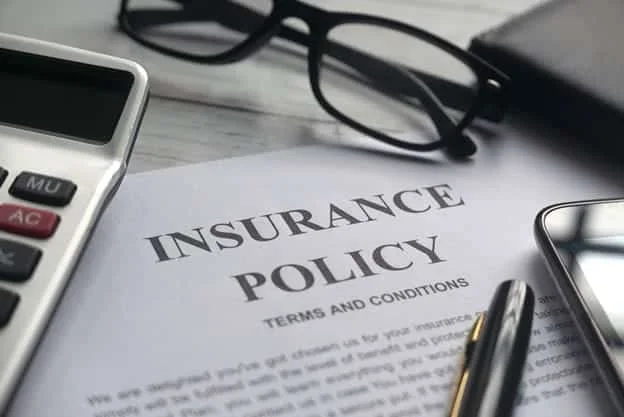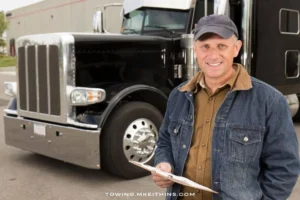As an organization that operates a fleet of commercial vehicles, towing and recovery providers have to deal with numerous issues and challenges. Not only do they have to comply with Department of Transportation (DOT) regulations, but they also need to achieve certain insurance requirements if they wish to obtain work on the tow truck market.
Tow truck insurance coverage is a different form of business owners’ insurance and is different from a personal auto insurance policy. Put simply, insurance is beneficial for a towing business that provides a wrecker service.
The Federal Motor Carrier Safety Administration (FMCSA) will not allow any tow truck operator to function without it. Both the FMCSA and the DOT need proof of liability insurance for your Operating Authority and MC Number application.
Most roadside assistance networks will also require various degrees of proof of insurance before they will take on a wrecker service provider into their ranks.
What DOT Compliance Implies?
Like all other commercial vehicles, tow trucks also fall under the Federal Motor Carrier Safety Administration (FMCSA) jurisdiction and the Federal Highway Administration. Also, a tow truck company is bound by the rules and regulations of the Department of Transportation. This applies both on a local and federal level.
Driver Qualification Documentation
Like all other commercial vehicle drivers, tow truck drivers fall under the same federal guidelines. In most states, tow truck drivers need to obtain a commercial driver’s license (CDL). They also need to pass an alcohol and drug test and a background check before they can legally operate a wrecker. It’s the employer’s responsibility to maintain the driver qualification files.
Licenses, Permits, and Insurance Requirements
Since a tow truck business can often engage in dangerous situations, there are certain other requirements to fulfill before becoming fully operational. Aside from being highly visible by other motorists and always equipped with safety equipment, a tow truck operator also needs to have the required licenses, permits, and commercial insurance coverage to provide them with liability protection.
State laws may require tow truck drivers to possess a CDL, while the tow truck business may need a license to operate in certain jurisdictions. Special permits may also be required at the local level in the event of towing heavy, wide, or long loads on public roadways or through difficult areas.
Last but not least, a tow truck service provider needs commercial tow truck insurance on their fleet and drivers. This will protect the business and the public from property damage and accidents. The FMCSA indicates a $750K auto liability limit. However, contracts may require additional coverages for a tow truck business to obtain work with a roadside assistance network.
Obtaining Work With Top Roadside Assistance Networks
One of the most effective and profitable ways for a tow truck company to get business is to contract with roadside assistance networks. Some of the most common such networks for towing companies are Road America, AAA, Agero, and Waste Management. When applying to become a service provider for one or several of these networks, specific insurance requirements need to be met.
That said, most roadside assistance networks require similar coverage but at different limits. The coverages determine what each insurance policy will cover. The limits determine how much the insurance company will pay if you have a claim. Below is a short rundown of the different tow truck coverage policies.
General Liability
General liability insurance covers third-party injury and property damage. Some networks may require that tow truck companies have a $2M per occurrence limit. Alongside that, there is also a $3M aggregate limit. This means the insurer will have to pay up to $2M per incident and up to $3M throughout the policy period.
Auto Liability
This commercial insurance policy covers damages and injuries caused by the truck driver while using the company vehicle. If, for example, you get into a minor accident while dispatched, this auto policy will cover it. If the company does not own the vehicle, you’ll need Hired and Non-Owned Auto coverage.
As a general rule of thumb, General/Garage Liability limits are a multiple of the Auto Limits. If, for example, the Auto Liability Limits are $1M, then the General Liability limits will be $1m per occurrence with a 2 or 3 times ($2M or $3M) aggregate limit. If the auto limits are $750K, then the General Liability limits will be $750K per occurrence with a $1.5M or $2.25M aggregate.
On-Hook, Cargo, and Garage Keepers
The Auto Liability insurance mentioned above will not cover the cars you’re towing, however. That’s where the On Hook policy comes in. This type of tow truck insurance covers any damages to a customer’s vehicle that might happen while you are towing it. Cargo insurance covers any of the items inside the vehicle, either lost, damaged, or stolen.
Once the vehicle is no longer being towed and is located at your storage facility, the On Hook policy ceases to be relevant, and the Garage Keepers’ policy will kick in. This policy (comprehensive and collision) covers any damages that have taken place once customer autos are in the tow and recovery company’s care and control, either to repair or while waiting for the owner to reclaim it. This policy is also subject to deductibles.
When it comes to these policies’ insurance requirements, the minimums typically range between $25K and $150K. They can also reach as high as $1M with some roadside assistance networks.
Workers’ Compensation
Workers’ compensation covers the tow truck drivers and other employees in your business. Most contractors will require that their partner towing providers meet the legal limits determined by the state they operate in. Tow truck service providers that don’t have any employees are unlikely to need workers’ compensation.
Certificate Holder
The majority of roadside assistance networks will require that their partners list them as certificate holders. Put simply, the certificate holder (the contractor, in this case) will have access to view the details and updates of your insurance policies, as well as any cancellation notifications. You will need to add their address in the certificate holder section of the Certificate of Insurance.
Additional Insured
Adding the roadside assistance and/or towing network that you’re working with as an additional insured, will also extend your coverage onto them. For instance, if one of your customers were to sue them because of your actions rather than sue you directly, they would also access your coverage. Like the Certificate Holder option above, the Additional Insured is required by most networks.
Meeting Your Insurance Requirements
When it comes to running a towing and recovery business, insurance costs will make up a significant part of the overall expenses. What’s worse is that, since fewer and fewer carriers in the commercial auto market, the prices have also gone up. To meet your insurance requirements and gain favorable collaboration in the towing industry, it’s best to partner up with an expert in everything towing insurance-related.
With over 50 years of experience, Mike Keith Insurance, Inc. is the Agency of Choice for many Tow and Recovery businesses. Our unparalleled service and “A” rated carrier base allow us to provide you with the most reasonable price and best coverage you need. Contact us today, and we will review your current program and work together to design a solution that will best suit your needs!






